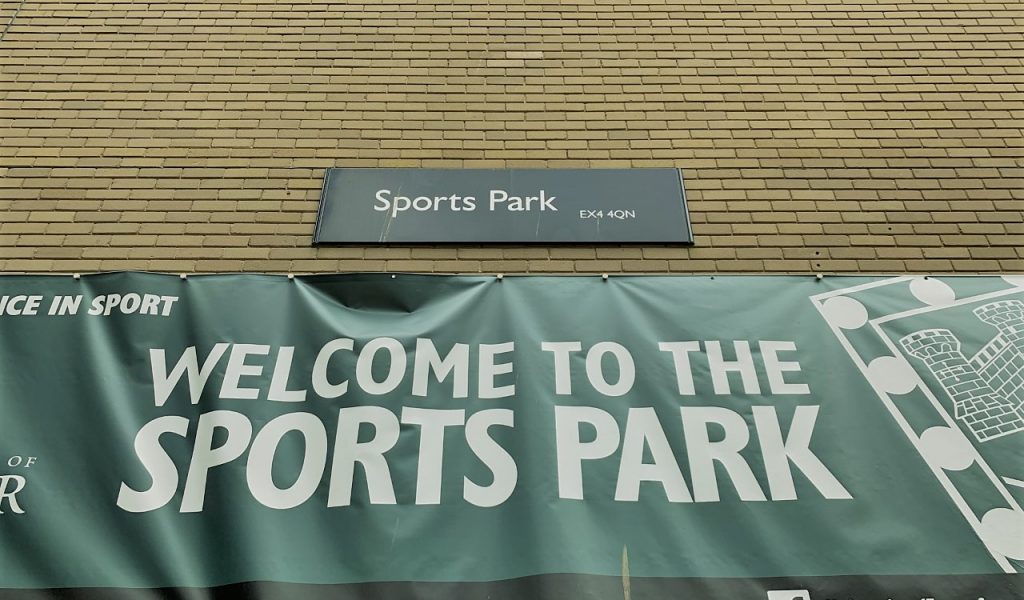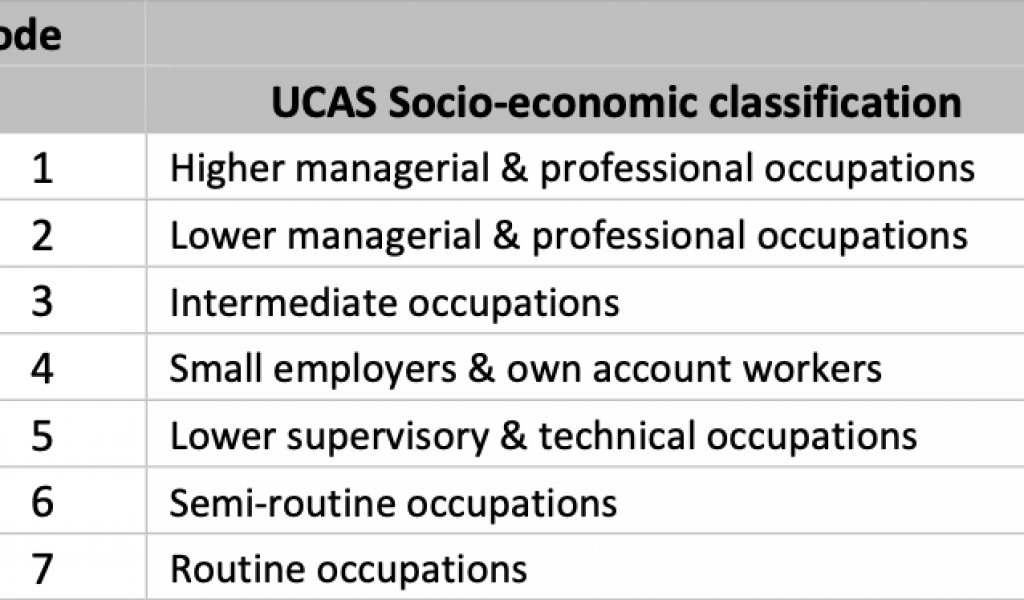Students voice concerns about financial accessibility of AU clubs

Students at the University of Exeter have raised concerns about how the cost of memberships to AU clubs are a “barrier” to wider participation in university sport.
In an independent survey carried out by Exeposé, numerous students voiced their opinions about the costs of membership to their respective clubs. Based on the answers from all polled students, the average annual membership fee for AU clubs was £127.
Fees of this price sit well within the average for the university’s most popular sports clubs, such as Tennis, Football, men’s and women’s Rugby, and Hockey. Information released to Exeposé in an FOI request revealed that most of these clubs charge upwards of £100 for annual membership. For example, students would be looking at paying within the range of £99 to £550 for a standard membership to each of these clubs, depending on their skill level.
On the lower end of the scale, EULHC offered the lowest annual fee for a social member, meaning that students can only participate within the club through the means of weekly socials. On the higher end, however, EUHC charges £550 for a new 1st team membership.
When asked about the fairness of membership fees, 62.5 percent of polled students reported that they believed their membership was not fairly priced. The chief reason for this was the quality of coaching sessions. One student stated that sessions are “sparse, at awkward times and usually of low quality”, whilst others raised grievances about how often sessions were cancelled at their club.
It shouldn’t cost a lot to do something that makes me happy.
Heightened costs and the respective low quality of services are taking a significant toll on the mental health and financial stability of students. One student commented, “because I currently work two jobs [and am] trying to still pay off my accommodation fees […] it shouldn’t cost a lot to do something that makes me happy”.
The affordability of sports memberships is a definite cause for concern within the student community, especially given that not all students are in a comfortable position to pay hundreds throughout the course of their degree. The broad consensus is that fees make sports clubs largely inaccessible, as “not everyone has the money to pay” for memberships. In general, one student stated, “memberships are too high, and are 100% a barrier to access for many people”.
One student added that “the cost of some sports would definitely deter people from playing, especially if they want to try something new but were hesitant to pay the big fees and buy kit”. This is particularly true for clubs such as EUCGC (cheerleading and gymnastics), where one student told Exeposé that they were expected to pay upfront for an annual membership fee prior to audition, with no guarantee that they would make the team.
Memberships are too high, and are 100% a barrier to access for many people.
This “barrier” to access is important when considering the diversity of socio-economic backgrounds within Exeter’s student population. The university’s socio-economic classification is outlined by the following table, with codes 5-7 indicating a lower socio-economic background:

Based on data released in an FOI request, there is a clear disparity between the upper and lower classes at the university. In 2022, a total of 2469 students were recognised as being from a code 1 background based on their UCAS data. A further 1420 students were from a code 2 background. On the other hand, 156 students were code 5, 186 students were code 6, and 188 were code 7.
Increased membership prices are evidently deepening this disparity, and are indicative of the wider cost of living issue faced by Exeter students. Moreover, minimal consideration for the different socio-economic backgrounds at Exeter are being reflected by the disproportionate costs of membership fees.
Many students have therefore been left with little choice but to decide against joining sports clubs. 50 percent of polled students told Exeposé they had considered dropping out of a sports club because they could not afford to pay the membership fee. Others have turned to the university’s ‘Success for All’ hardship fund for support in these situations. 12.5 percent of students said they had either accessed or considered accessing the fund to help pay for membership to sports clubs.
These interactions echo the wider usage of the hardship fund, which has increased significantly over the last four years. In the 2019/20 academic year, 684 applications were made for the fund; this increased to 2839 in 2021/21 and again to 2963 in 2021/22. This figure dropped slightly in the 2022/23 academic year, to a total of 1985 applications. Across each of these years, students received an average grant of £750 from the fund.
Depending on which club is joined and what membership is taken out, there are many additional support services and benefits members can also receive.
University of Exeter spokesperson
Considering the concerns that have been raised about the quality of sessions, students have also called for greater input to be made by the AU to ensure that they experience a greater return on the membership costs for sports clubs. This is especially prevalent, considering that Exeter’s branch of the Athletic Union saw £1,001,389 in revenue from membership fees in the 2021/22 academic year, as they revealed to Exeposé in an FOI request.
When asked how profits from membership sales were spent, the AU provided Exeposé with a breakdown of outgoings across all clubs for the 2022/23 academic year. Each club is expected to pay a facility fee to University of Exeter’s sport, as a contribution towards their annual facility allocation for matches and training – amounting to £159,000. Clubs that play BUCS must pay a sub to the AU to cover the costs they incur for transport, accommodation, official costs, first aid, etc – totalling to £43,242.
The rest of the “significant financial burden” is underwritten by the AU itself; this figure sat at approximately £280,000 for this year. Every club must also pay an AU affiliation fee of £14 for each member, which covers personal accident and public liability insurance, vehicle fleet policy insurance, and general administration costs. The total this year was £131,436.
On a club-by-club basis, expenditure of remaining funds varies depending on what has been budgeted for in their financial planning document. Money may be spent on costs for competitions outside of BUCS (i.e., local, and national league competitions, league entry fees, player registrations, travel, accommodation, and physio cover), as well as external facility hire, transport hire, coach education, equipment and kit, and stash. As the freight carried by clubs is significant, it is uncertain whether it is possible for the demands of students to be met.
The AU also stated the following on the matter: “The amounts of wider club spend which is essential to club activity is significant on an annual basis. On average, clubs will run at a nil budget or end the year with enough funding to ensure they meet ongoing commitments. As an example, clubs who roll coaching or rolling replacement of equipment.” Costs and fees are also “regularly reviewed by the AU staff, with the club committees, as part of their ongoing financial and development planning”, it added.
Exeter’s branch of the Athletic Union saw £1,001,389 in revenue from membership fees in the 2021/22 academic year
The university appears to be making some efforts to tackle the issues which have been raised in this article. A spokesperson for the University of Exeter said:
“The University is committed to improving our programmes, facilities and equipment to enhance our student sport experience, and continues to invest in sporting offering. Both the clubs and the University sports department work hard to offer a broad range of opportunities for everyone to participate. These include the creation of a hardship fund for students to access to assist in joining a club, a new student off peak membership for the gym, and a range of free initiatives such as bring a friend for free, pitch up and play activities and extended club trial offers during Term 1 for anyone to experience before committing to any memberships. These have proved extremely popular this academic year and will be extended in future years. Clubs do review their pricing each year. Club prices in general include all training fees, training sessions across the academic year, competition entry fees, travel and accommodation costs, club equipment, playing kit, some off field kit, as well as all their coaching provision. Depending on which club is joined and what membership is taken out, there are many additional support services and benefits members can also receive.”
Regardless of the AU’s and the university’s consideration to date, the opinions voiced by students on the topic of the affordability, inclusivity, and accessibility of Exeter’s sports facilities should not be ignored. Indeed, the AU already does a significant amount to support student sports coaches during the cost of living crisis by offering competitive pay in the range of £12.22 to £18.01, depending on their skill.
Nonetheless, much is still to be done to ensure that all students can participate in the sports they love, are encouraged to try something new and are supported in the development of their skills. Individual clubs, especially those with smaller membership numbers, may also respond positively to greater financial support from the university and the AU to ensure that the quality of their services does not continue to fall. Given the considerable slip in membership figures between the 2021/22 and 2022/23 academic years, decreasing from 11,181 to 9,313, a reconsideration of prices may be beneficial not only for the wider student community, but also for the AU itself.


